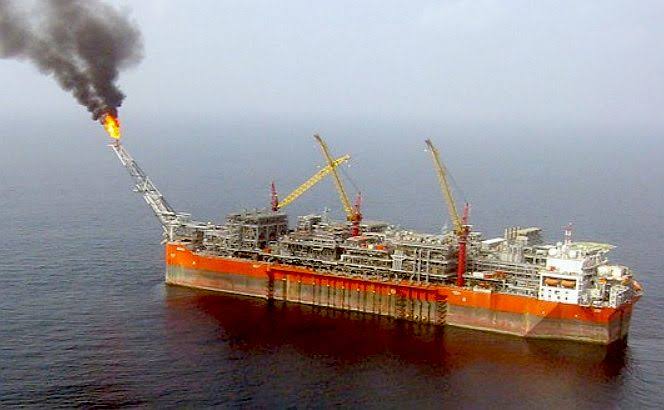
An oil and gas analyst, Ibukunle Idowu, has expressed concerns over recent Saipem’s partnership with KOA Oil & Gas and AVEON Offshore, which secured a lucrative contract from Shell Nigeria Exploration and Production Company Limited (SNEPCo) for the Bonga North Deepwater project valued at approximately $1 billion.
Although he said it signified a pivotal moment in Nigeria’s oil and gas sector, he, however, expressed his reservations with regard to possible environmental degradation as well as ensuring transparency in the process.
In an interview with New Telegraph over the weekend, he stated that it would lead to an economic boost as $900 million will inject substantial capital into Nigeria’s economy.
Idowu said the deal, however, had negative impacts on the nation. He posited that there were environmental concerns as, according to him, deepwater drilling risks marine ecosystems.
He also warned of corruption tendencies as he said that Nigeria’s history may impact project transparency.
The analyst also warned on dependence on oil as he noted that the agreement reinforced reliance on fossil fuels.
For there could be local community displacement as the job has potential disruption. Noting that it would generate employment opportunities, lead to technological advancement, since it will introduce cuttingedge EPCI technologies, he added that it would increase oil production as it will enhance Nigeria’s oil output.
Recall that Saipem in a statement on its website announced that it had secured Shell contract for Bonga North Deepwater project in Nigeria.
It explained that the company in partnership with two Nigerian companies, KOA Oil & Gas and AVEON Offshore, secured the offshore contract valued at approximately $1 billion from Shell Nigeria Exploration and Production Company Limited (SNEPCo).
It added that this collaboration marked a critical step forward in the Bonga North Project, a deepwater oil and gas initiative located 130 kilometers off the Nigerian coast.
It also said that the contract encompassed the Engineering, Procurement, Construction, and Installation (EPCI) of risers, flowlines, subsea umbilicals, and associated subsea structures.
According to the statement, Saipem’s share of the deal is estimated at $900 million, while the design and fabrication activities will integrate contributions from Nigerian suppliers and subcontractors, underscoring a commitment to local content development.
Idowu also said the challenges in the deal include: project implementation given complexities in deepwater operations; regulatory frameworks in relation to compliance with Nigerian laws and security concerns such as piracy and terrorism threats.
He opined that there were opportunities as a result of the deal such as diversification, given its potential for renewable energy investments. Another opportunity, according to him, is local capacity building including skill development and infrastructure development since there will be enhanced logistics.
Idowu said: “Saipem’s contract presents mixed benefits and drawbacks. Careful consideration of environmental, corruption, and dependence concerns is crucial.”
The analyst recommended: environmental impact assessments; transparency measures; local community engagement and diversification strategies.
He said that Nigeria’s oil sector faced uncertainty but that Saipem’s contract highlights the need for sustainable practices.
On the international implications, he noted that there would be global energy market impact; international cooperation opportunities and best practices sharing.
According to him, the local community benefits include improved infrastructure; economic empowerment and skill development.
He advised that for environmental mitigation, there should be sustainable drilling practices; waste management and ecological monitoring.
“Saipem’s contract offers economic benefits while posing environmental and social challenges. Balancing growth with sustainability is vital,” Idowu concluded.
Please follow and like us:


